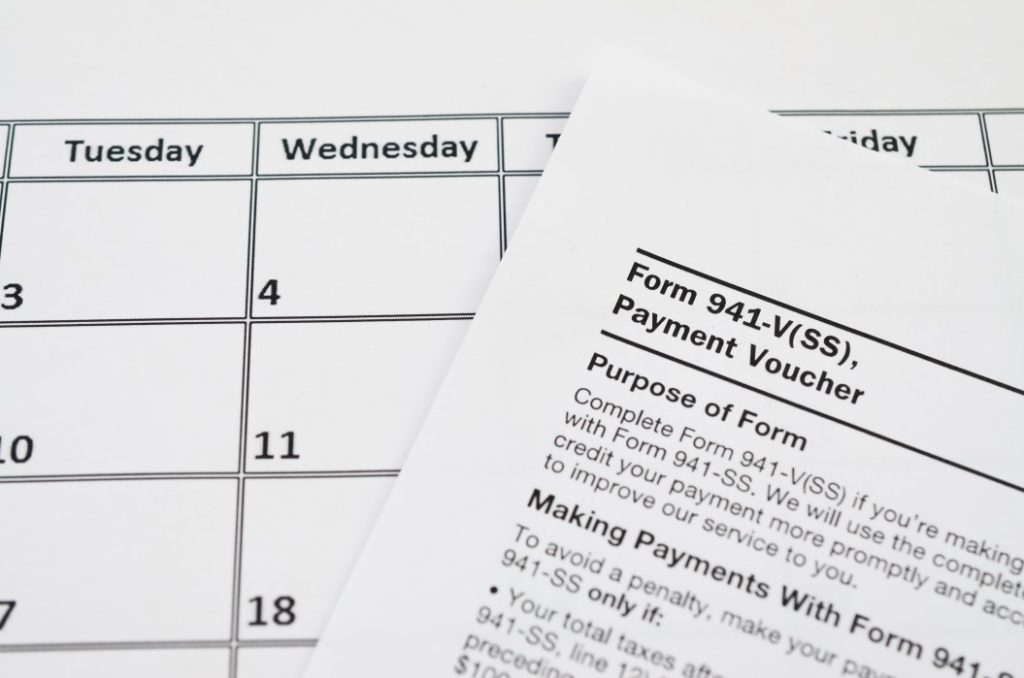Tax Collections
Do You Owe the IRS Money That You Can’t Pay?
It can happen by accident. You may not have withheld enough from your paycheck in the past year and wind up with a whopper of a tax bill in April. It could be that you came into some money, spent it, and didn’t realize that a big chunk of it was owed to the IRS in taxes.
If your debt has been piling up for a while, it can be overwhelming and extremely stressful. You might feel stuck or frozen, not knowing what you should do or how you are going to get out of your situation. But the worst thing you can do is nothing. The penalties and interest just keep adding up, sinking you further and further into trouble.
The IRS takes their money seriously! They will seek every legal way to collect the money they are owed. They can seize your assets, freeze your bank account, garnish your paycheck, and even restrict your passport. They can file levies and liens on your property. We hope this hasn’t happened to you yet, but it will if you don’t act fast enough.
Failure to Pay Taxes
If you owe the IRS but can’t pay, there are several options available to you depending on your circumstances. One of the most important things is to start paying your current taxes first. You must be all caught up with filing your income tax returns and paying your current taxes before most of these remedies are available to you.
Here are some of the options the IRS provides to taxpayers who owe money. Whether these are applicable to you depends on your circumstances.
- Installment Plan
This is where you work out a payment agreement with the IRS. There are several forms of agreements, including regular, partial-pay, and streamlined. Which one you should use is highly dependent upon your current financial situation and the amount you owe.
- Offer In Compromise
An offer in compromise is where the IRS agrees to accept less than the full amount owed. The IRS does not have to accept an Offer, but the Offer is presented so that it meets the IRS guidelines, which increases the chance that the IRS accepts the Offer to resolve the outstanding balance.
Not all tax professionals know the ins and outs of preparing an offer that has a good chance of getting accepted. It’s important to look for a professional who has an excellent track record of getting Offers accepted by the IRS. - “Currently Not Collectable” status
This status allows you to defer your debt. The debt does not go away; you still owe the IRS money. But you’ll stop the process of getting your bank accounts levied or collection efforts if you are granted the status. This often happens when you don’t have enough income to cover your current living expenses. Once your income rises, the IRS will re-evaluate your situation.
- Bankruptcy
Bankruptcy can be extremely useful to stop IRS collection efforts, potentially discharge income taxes that are old enough, and force repayment plans on an otherwise unwilling IRS. Tax penalties may also be discharged through bankruptcy. Since this is such a complex area, your best bet is to consult with several professionals – an accountant, a tax resolution professional, and an attorney that is an expert in bankruptcy issues.
Getting Help
A tax resolution professional can help you:
- Respond professionally to any IRS correspondence you receive
- Contact the IRS on your behalf so that you don’t have to face them directly
- Represent your case before the IRS
- Get you caught up on filing back tax returns that are late
- Understand the IRS Collections process and your rights
- Negotiate penalties, interest, and taxes due to lower your debt
- Work out a payment plan based on the ability to pay
- Fight for you on issues that come up, such as innocent spouse situations or positions taken
- Help you get levies and liens removed from your assets
Solutions for Resolving Your IRS Debt
Contact us at no obligation to you so we can understand your specific tax situation and provide advice on the options available to you. Your tax issue is handled with the utmost confidentiality and privacy.





